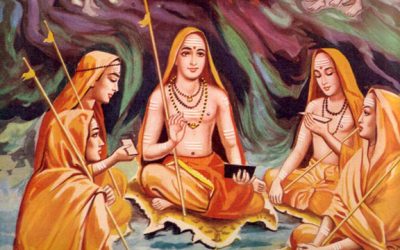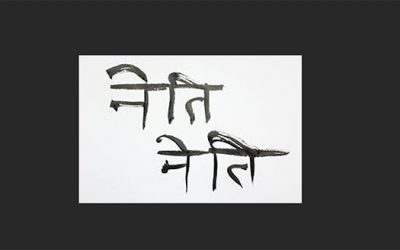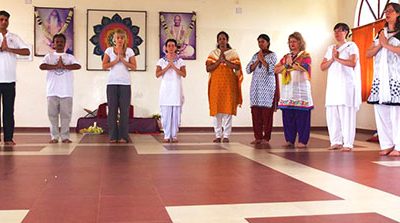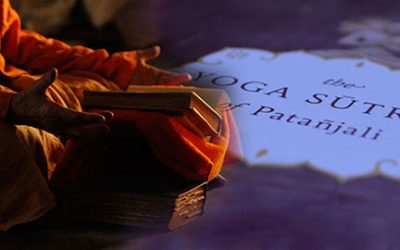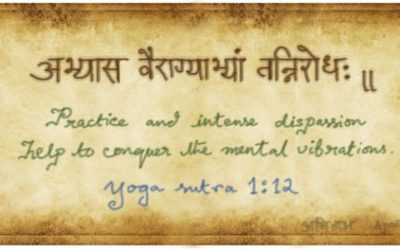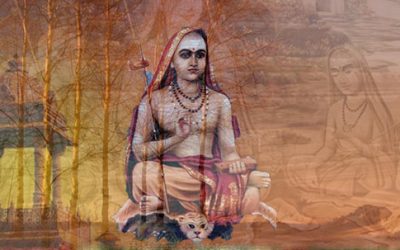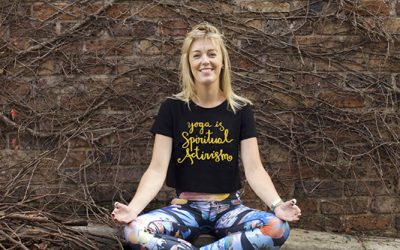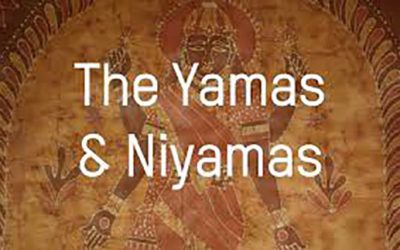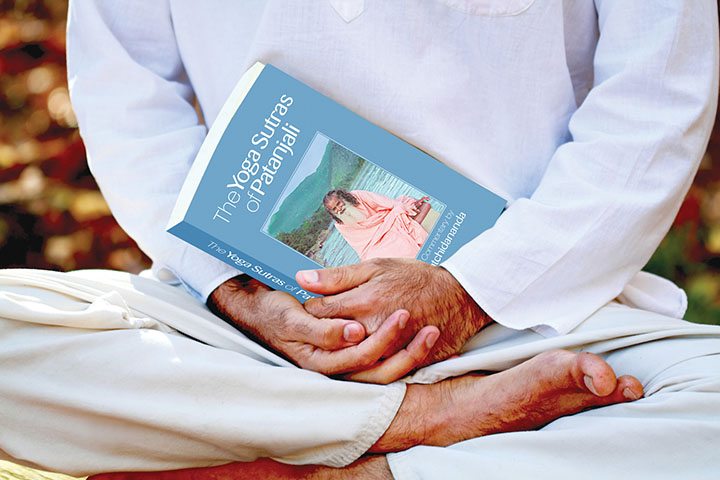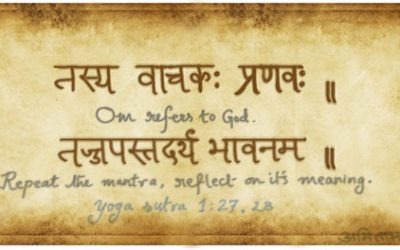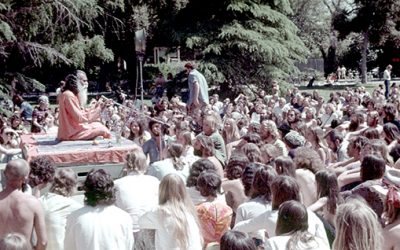• Remember the Truth — above all, the spiritual path is about remembering, since all the problems originate with forgetting Who You Are! • According to Sri Swami Satchidananda, the best way to overcome the bondage of delusion is to “Always remember and din into your...
Spiritual Hints for Daily Life: Jnana Yoga
Depending on our temperament, we can pursue the journey of awakening in various ways. If we wish to develop the will and gain mastery over the mind, we can take a Raja Yoga approach. If we tend to be analytical and intellectual, there is the path of Jnana Yoga. If we...
My Yoga Journey to India
Integral Yoga teacher Djahariah Mitra traveled to India to deepen her practice of Yoga and Dancing in the Bamboo Forest: A Travel Memoir emerged from deep within her as one fruit of her travels. She shares an excerpt here. I braved the thought of attending my first...
The Essence of Integral Yoga
Traditionally there are five separate Yogas. Each, like a spoke of a wheel, leads to the hub, to oneness or union with the Divine. Hatha, the way of the body; Raja, the way of the mind; Karma, the way of service; and Bhakti, the way of the heart. “Some people think...
Jnana Yoga and Vedanta in the Yoga Sutras
We learn from our study of Yoga and Vedanta that their goals are one and the same: realization of the true Self. Both sages Veda Vyasa, and Sri Patanjali, in his Yoga Sutras, taught that by cultivating viveka (discriminative discernment) the cause of suffering...
The Relationship Between Yoga & Vedanta
Dr. David Frawley (Pandit Vamadeva Shastri), a regular contributor to Integral Yoga Magazine, is one of the few westerners recognized in India as a Vedacharya or teacher of Vedic wisdom. In this interview, he clearly illustrates the relationship between Yoga and...
The Jnana Yoga of Adi Shankara
Sri Adi Shankara is considered to have shaped the Hindu religion for the 1200 years following his disappearance from the world at age 32 in the early part of the ninth century. Having brought forth the advaita philosophy in its fully systematized and polished form, he...
What Does Self-Realization Mean to You?
At a satsang in New York some years ago, I raised the question, “What matters most to you?” I spoke about the importance of clarifying what we value and reflecting on the ultimate purpose of our lives. Speaking to a group of yogis, I was not surprised that someone...
Yama & Niyama: A Psychospiritual Perspective
Maharishi Patanjali prescribed inner and outer purification as a prerequisite for pursuing the path of Yoga. Yama, or the five abstinences, might be described as enlightened self-control. Niyama, or the five observances, might be defined as self-regulation. In this...
Lessons from Raja Yoga: Viveka (Discrimination)
Patanjali once beautifully said, “Dukham evam sarvaam vivekinaha.” For a viveki, a person with discriminative knowledge, everything is painful. When you realize that everything is painful you cease to develop attachments toward those things. In fact, it is to relieve...
Raja Yoga: The Essence of Yoga
When the word Yoga is mentioned, most people immediately think of some physical postures for relaxing and limbering up the body. This is one aspect of the Yogic science, but actually only a very small part and relatively recent in development. The physical Yoga, or...
The Spiritual Power of Good Company
The purpose of Yogaville is to live together to help ourselves and each other find the peace and ease. As individuals, we may find it hard to achieve that end; so, collectively, we are helping each other. That is the goal. Like-minded people living together, helping...
The Mystic OM
In this article, Integral Yoga master teacher Rev. Jaganath Carrera discusses sutras 1.27 through 1.29 of the Yoga Sutras of Patanjali. In these sutras, Sri Patanjali introduces us to the OM mantra and the practice of mantra japa, which he explains is a most effective...
Questions & Answers on Mantra and Meditation
Question: What is the difference between meditating on something like a mantra and meditating on nothing at all, that is, on no particular mantra, thought or phrase? Will there be different results? Swami Satchidananda: No. But you have to teach me, how to meditate on...
The Name of God
The mystic sound OM is the word expressive of God. It is God’s name. We have to give a name to God, but it is rather difficult to find a suitable name for that nameless, formless, omnipresent and omniscient One. The Yoga Sutras of Patanjali say, “Tasya vachaka...
Mantra Meditation
I am often asked, “What should I meditate upon?” The simplest thing is to repeat a mantra (a mystic sound). It is a very sound method. It is really simple, but at the same time, very powerful. It could be OM or AMEN or HARI OM or OM SHANTI—any mantra you like. If you...

